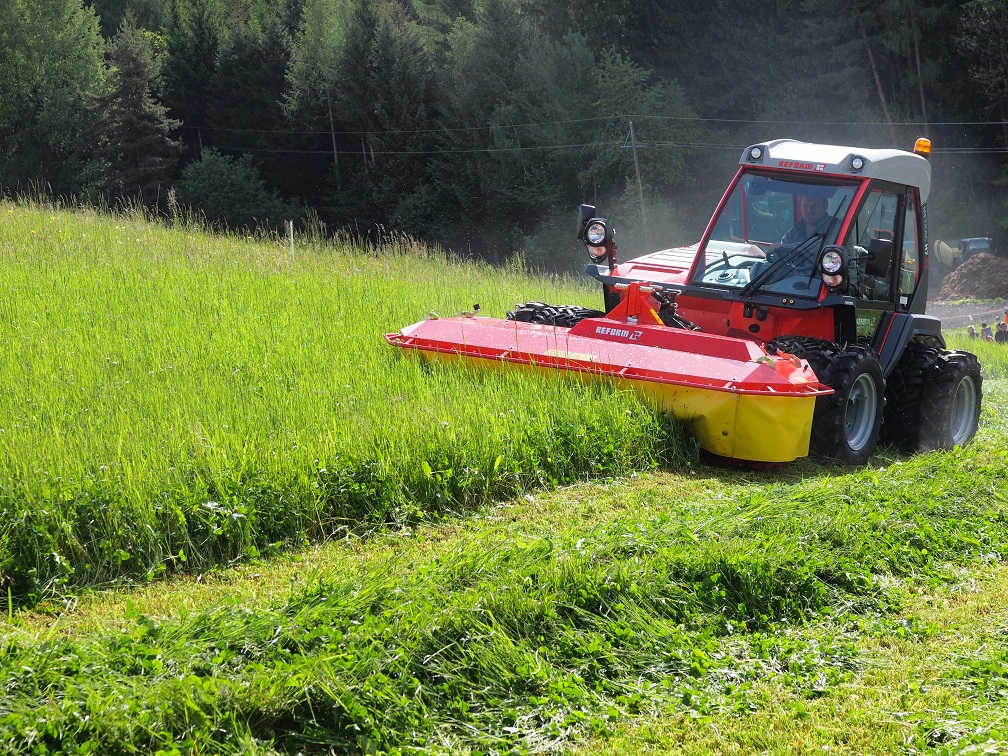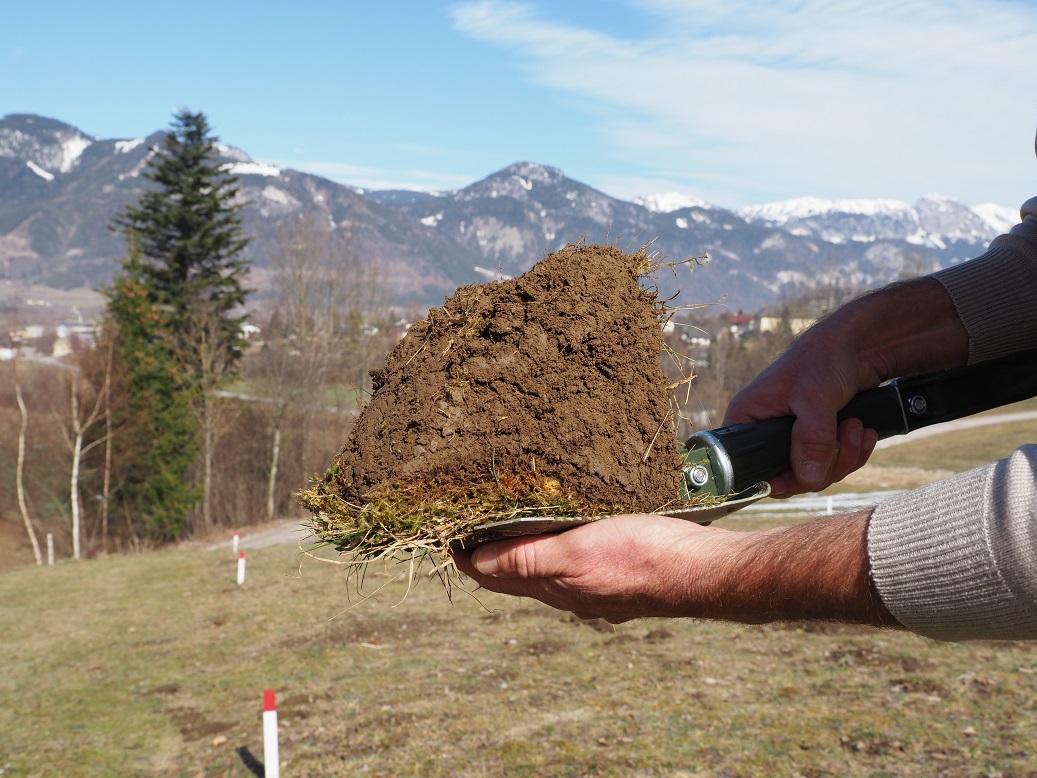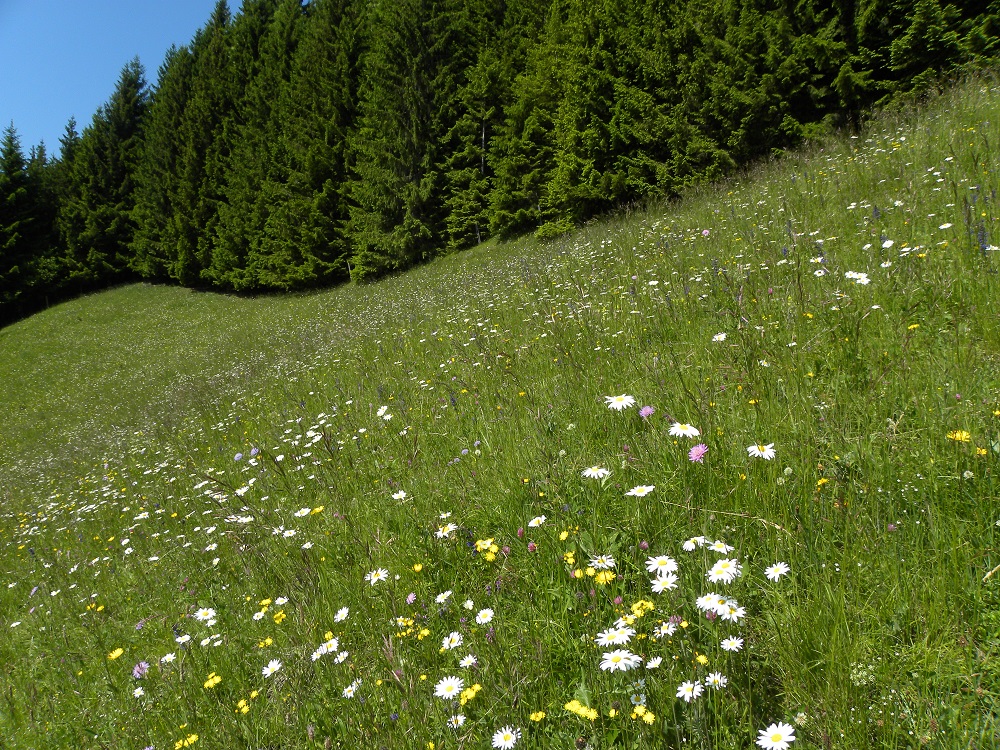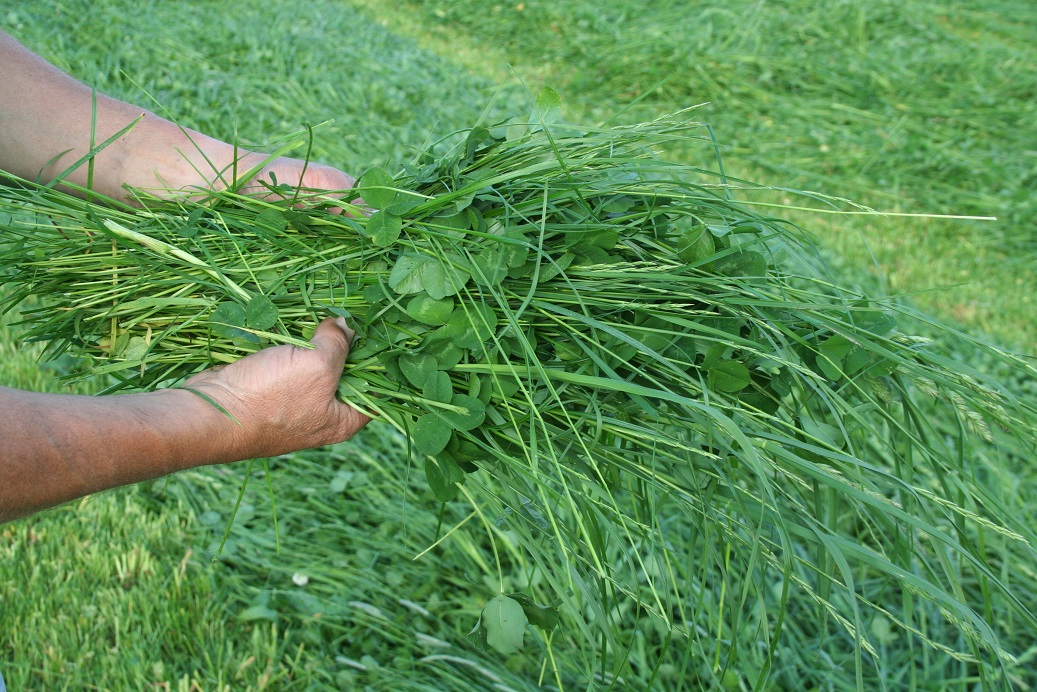In the Institute for Plant Production and Cultural Landscape, the scientific and systematic processing of all questions of plant production, especially grassland farming, takes place in conjunction with questions of the cultural landscape and rural areas.
Conservation, breeding and propagation of grassland plants
At the HBLFA Raumberg-Gumpenstein, the breeding of Austrian ecotypes of grasses and small-grain legumes is carried out. It is important to ensure the genetic diversity of the grassland in our gene bank and to develop and propagate climate-adapted varieties specifically for the farming conditions in Austria.
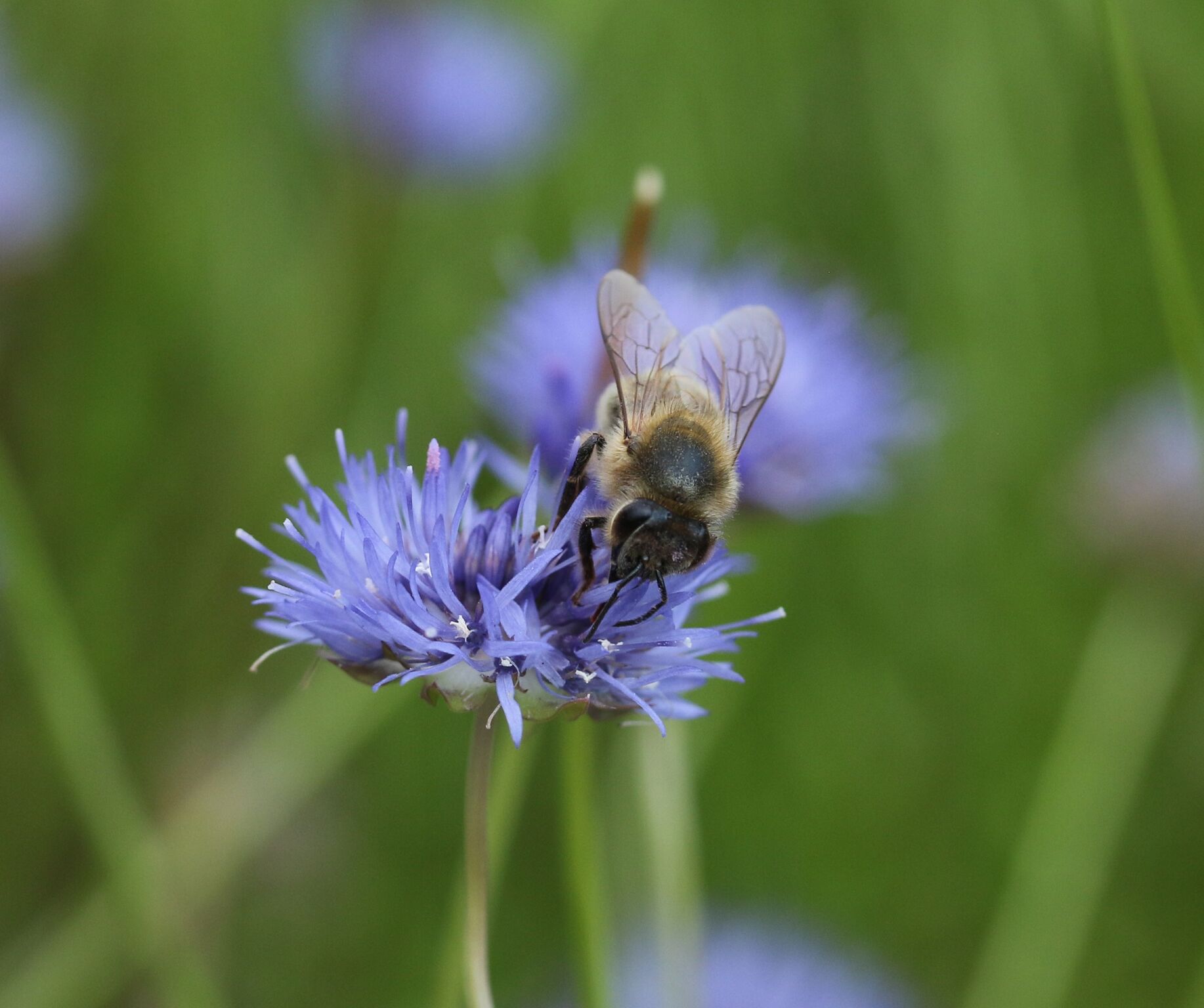
Grassland improvement and recultivation
The no-break grassland renewal closes gaps in the stands and creates efficient, productive plant stands with a strong grass structure and a sufficient proportion of nitrogen-fixing legumes. Recultivation with site-appropriate grasses and herbs quickly ensures a stable and erosion-reducing vegetation cover, even in difficult locations.
Soil, water and nutrient supply
Yield and feed quality in grassland are primarily influenced by the climate, the soil and the management measures (especially fertilization). These factors also determine the speed, direction and extent of nutrient flows in the soil-plant-atmosphere-groundwater system.
Biodiversity, vegetation dynamics and nature conservation
The floristic composition of the plant population and the plant species diversity in grassland are primarily determined by the climate, the soil as well as the type of management and intensity of use. The high biodiversity can only be maintained through regular, site-appropriate management.
Feed production, feed quality and feed evaluation
The production of grassland and field fodder with optimal yields and good feed value is the basis for circular livestock farming in Austria. Quality-oriented production requires professional management in the areas of grassland management, forage conservation and quality control.
Land use and cultural landscape
The influences of land use, particularly agricultural use and usage tasks, on the cultural landscape in mountain areas are examined scientifically and practically.
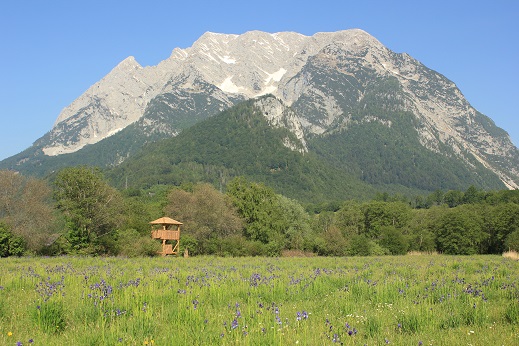
Agricultural meteorology and climate impacts
Agriculture is highly dependent on the weather and climate. A change in the climate has a lasting impact on land management. Dealing with the consequences of climate change on the basis of agro-meteorological studies and models provides an important basis for suitable adaptation measures.
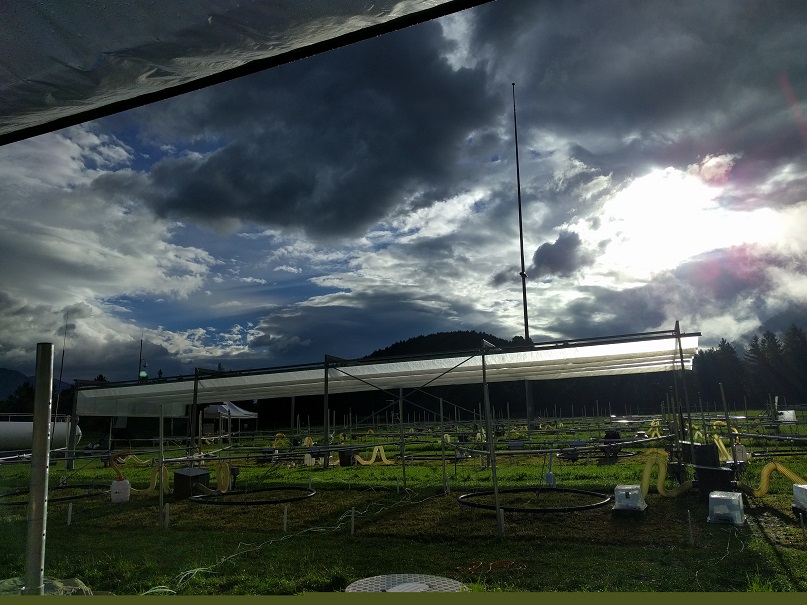
Conferences and specialist events
Contributions and lecture documents for the respective conferences of the Institute for Plant Production and Cultural Landscape







